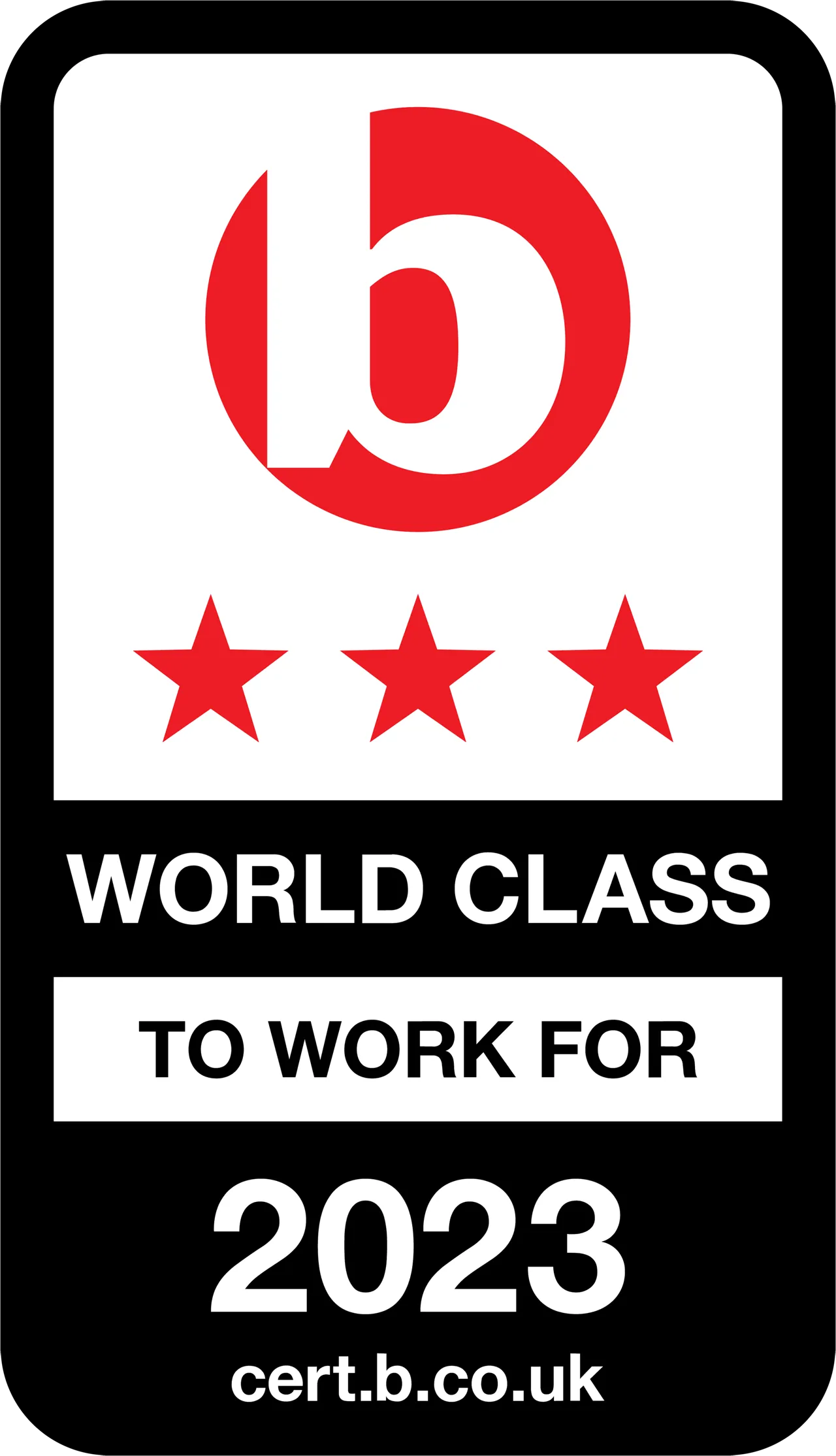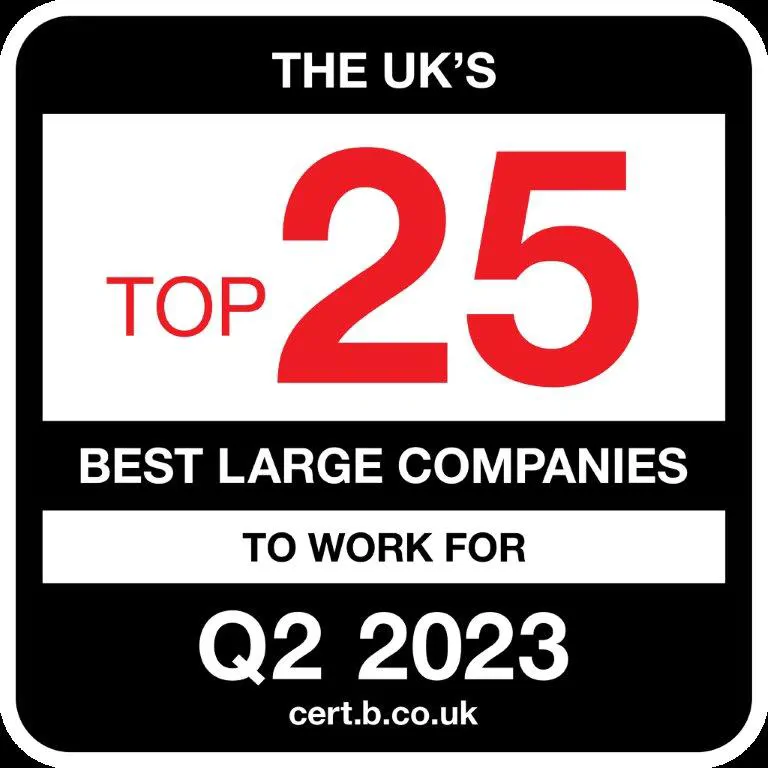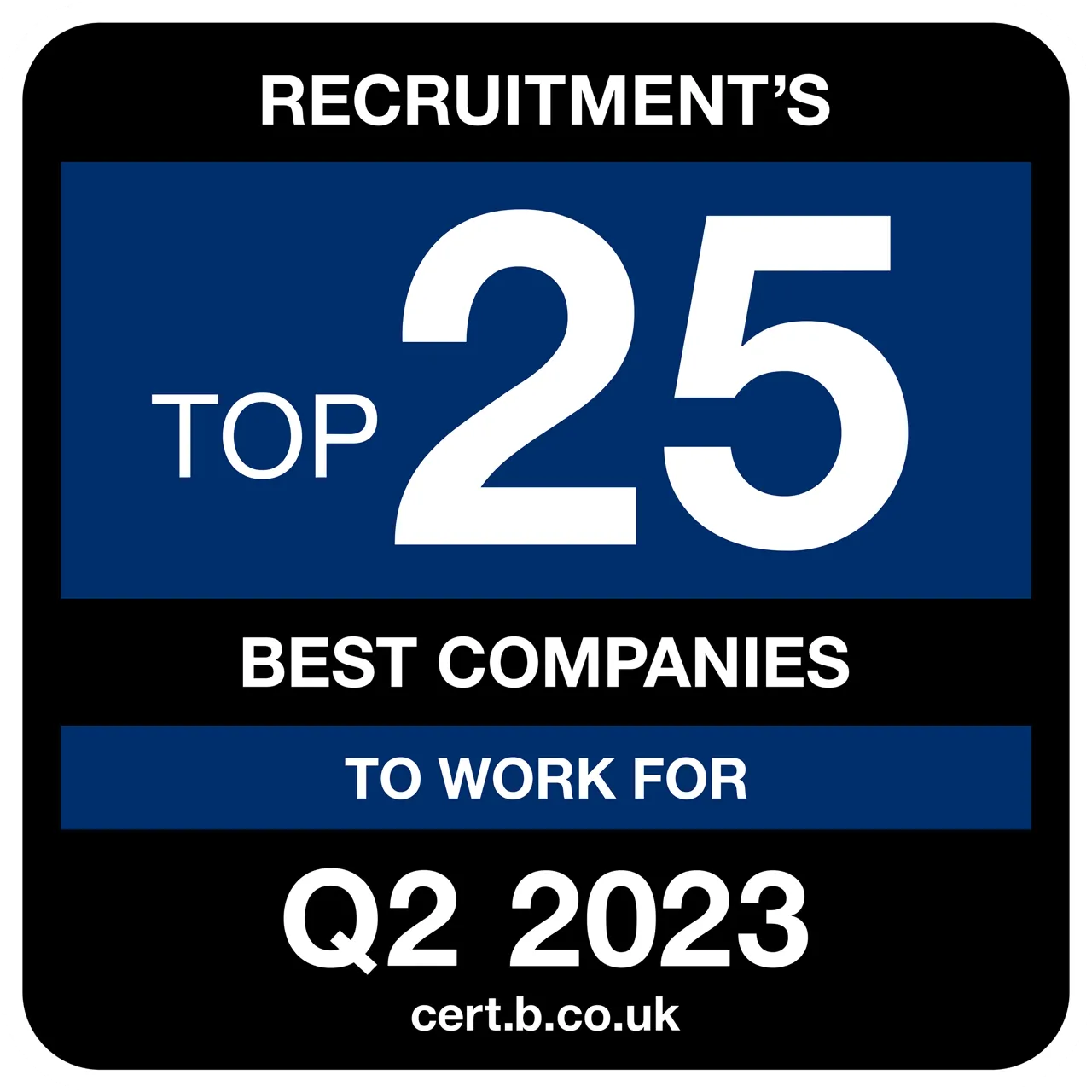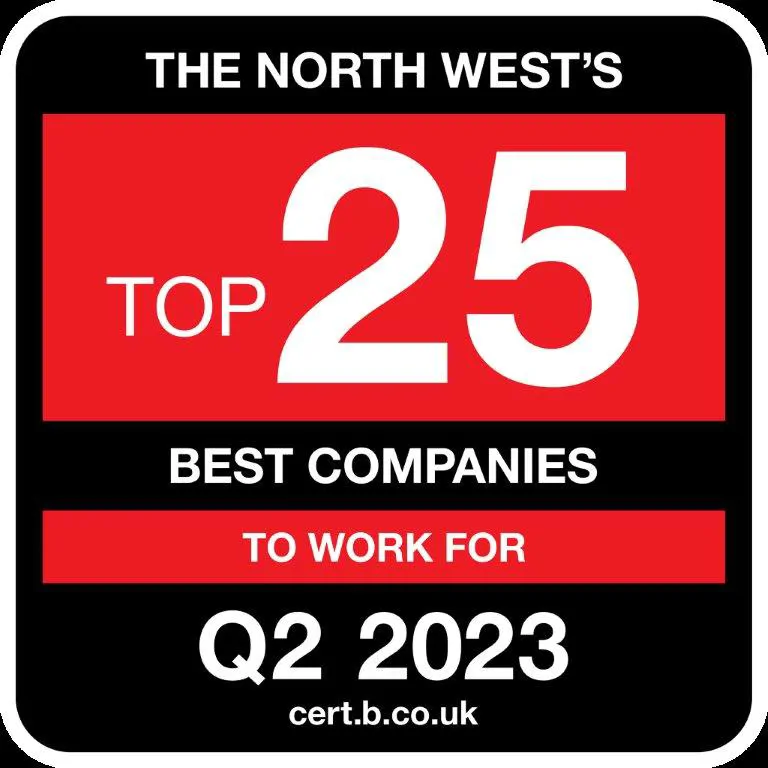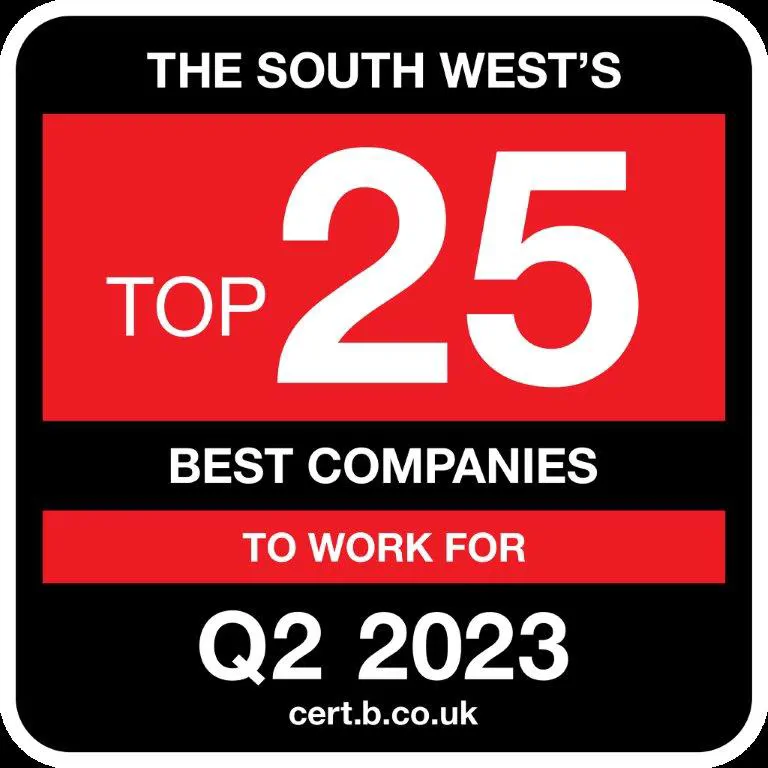Careers Toolkit
Meridian's Careers Toolkit
Ten questions to ask yourself before accepting a new job
You've researched the company, updated your CV and passed the job interview with flying colours - congratulations!
However, experts say you shouldn't rush into accepting a job offer until you've asked your potential employer ten vital questions.
From enquiring about recent team promotions to questioning what they dislike about the company, our recruiters say posing these questions can help ensure you get the money, respect, balance and happiness that you deserve.
1. Is the salary negotiable?
'This is a question on every candidate’s lips,' said Lee Biggins, founder and managing director of CV-Library.
'If you don’t try, you don’t get. Be prepared to back your case, though, as every employer is out to cut costs where possible – even if you’re the best person for the job.'
A spokesperson for Glassdoor agrees, adding: 'Remember an offer is an offer, and very few employers expect you to take the first one out of the gate.'
'So, come to the table expecting to negotiate. Don’t just ask for more, but do so intelligently, with real numbers to support your argument. Use your research to put together a case for more base salary or a signing bonus because if you don’t ask, you most definitely won’t get it.
'And, as I know from being an employee and a hiring manager, it is always easier negotiate as you are going into a new job.'
2. Aside from salary, what other workplace perks do you offer your staff?
While some companies can’t offer the highest wages, they are able to make up for it in other areas. Ask this question to find out how else they reward staff, whether it's flexible working, free lunches, and so on.
Negotiation expert Jonathan O'Brien believes that you should ask about training courses and business qualifications. 'It shows your employer you want to better yourself and increase your skill set, and indicates that you have a long-term interest in the company.'
'It’s crucial that you ask about training before you accept the job,' said Steve Jeffers, former HR director at Meridian Business Support. 'Let’s face it, you won’t want to go in a role and stay there indefinitely – you’re likely to want a promotion at some point. By asking at the interview stages, you can understand how you will progress through the company from the offset.'
3. What are the career development opportunities?
It’s a staple question but very important. If you’re an individual who is driven by your ability to move up the ladder, this will help you understand the routes available and the potential timeframes.
4. Can you provide me with an example of a team member who recently got promoted?
This is another good way to find out what success and growth look like in the company and helps you to know whether people are getting promoted and for what reasons.
5. If I asked your employees to describe the company, what would they say?
Asking this question really puts the employer on the spot, but helps you to understand the company culture and how you could potentially fit.
They also say that forcing your potential employer to be honest and open up to you can give you great insights into how happy you’ll be at the company.
6. What do you dislike the most about working at the company?
Forcing your potential employer to be honest and open up to you can give you great insights into how happy you’ll be as one of their colleagues.
7. How was your weekend?
'Yes, really,' said negotiation expert, Jonathan O'Brien.
'Warm and genuine small talk means that you will get to know each other, build rapport, and it will make it seem less likely that you are negotiating hard for the best possible package.'
8. What does success look like to you in this role?
Finding out what their ideal candidate looks like can help you to decide if you really are the right fit for the company and whether you are able to meet their expectations.
9. Who will I be reporting in to?
Managers can make or break your happiness at work. It’s important to know who your boss-to-be is and whether you can get on with them. It’s likely they’ll have been in your interview, but it’s worth checking the team structure just in case.
Even better, John Lees, author of How To Get A Job You Love, suggests asking to meet the team.
'While you’re considering the details of a written job offer, ask for an opportunity to spend some time with the people you will actually be working with. This confirms your strong interest in the job, but also helps you to be sure that you will fit in, and tells you a great deal about organisational culture.
'If the organisation turns down your request, you might wonder what’s in store. A relaxed workplace visit can tell you a great deal about working style – and you may discover why the last post holder left!'
Peter Cobley, founder and managing director at recruitment consultancy Found Us, agreed, saying: 'Culture is slowly becoming a top factor in a job move. When you’ve got the likes of Google building allotments for employees, it’s no major surprise… But figuring out the culture during the interview stages is tricky.
'Ask the person offering you the job if you can meet the wider team for lunch – and let them choose the location. Not only will you get a handle on what the people you will be working with are like, but letting them choose the location will give you an insight into what they do when they socialise outside of work.'
10. Can I have this in writing?
Verbal agreements are much less binding than written ones, so before you formally accept a position, get all of the final details of your salary and benefits on paper and review them carefully before signing the dotted line.
Your Next Opportunity
Vacancies
Our Key Sectors
Blogs and Resources
Explore Our Latest

Keep in touch
To learn more about our latest vacancies, sign up to our newsletter today.








